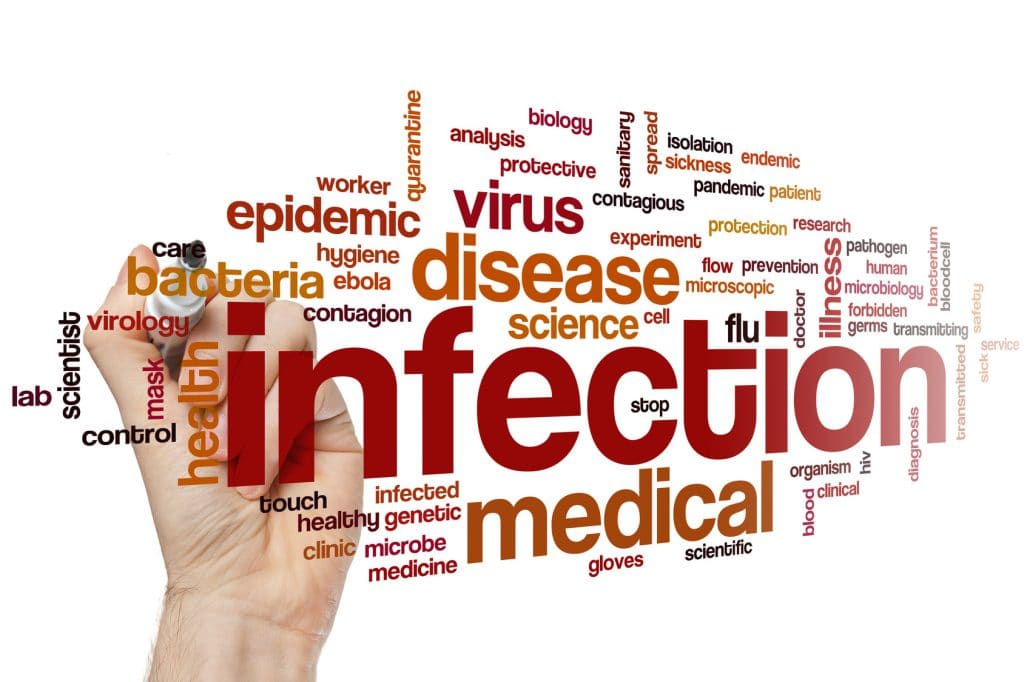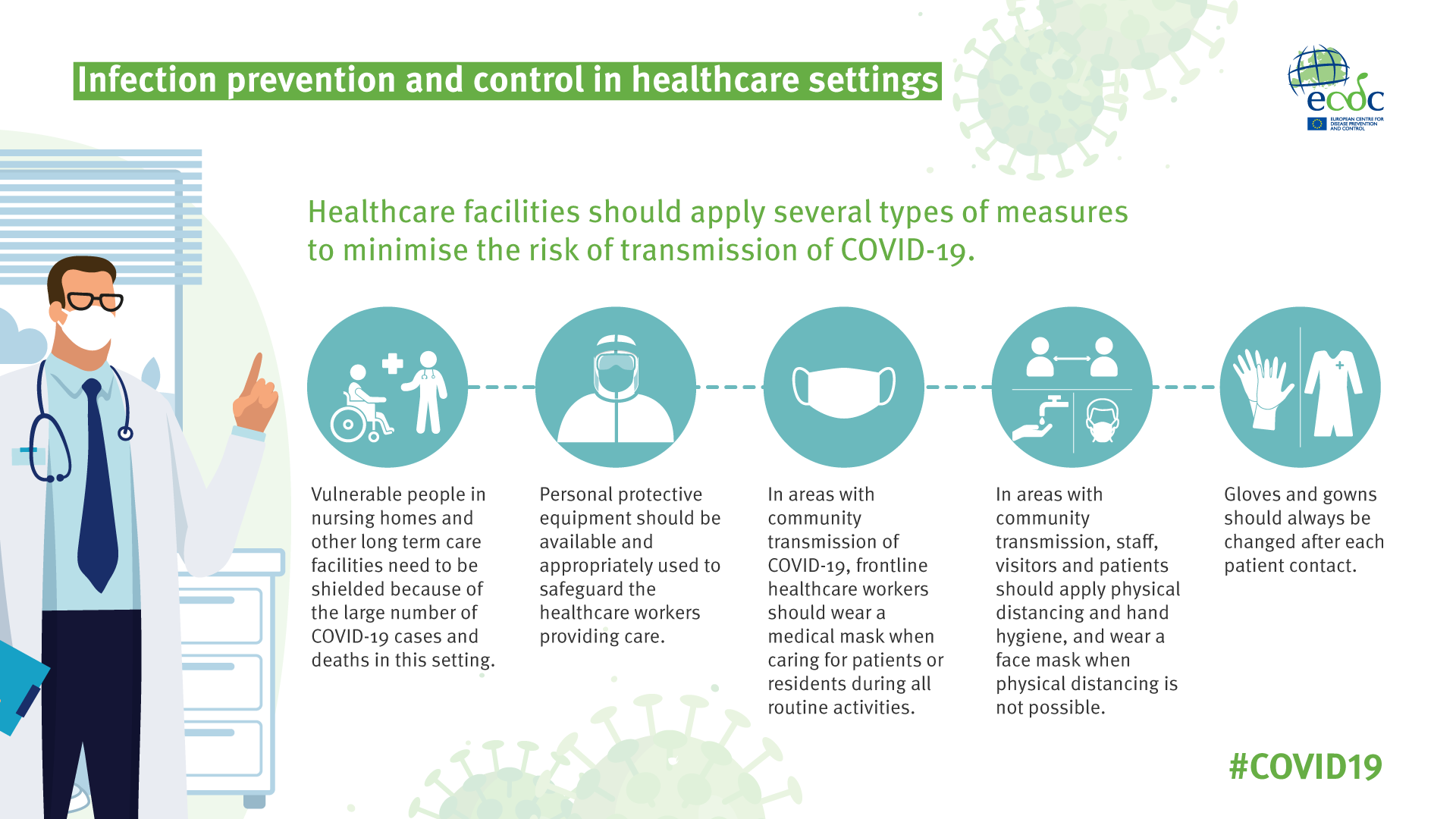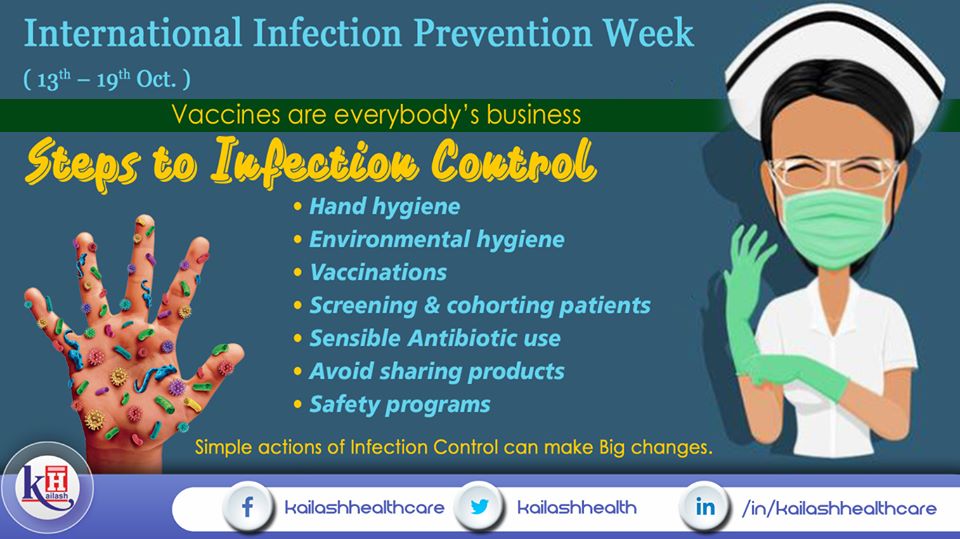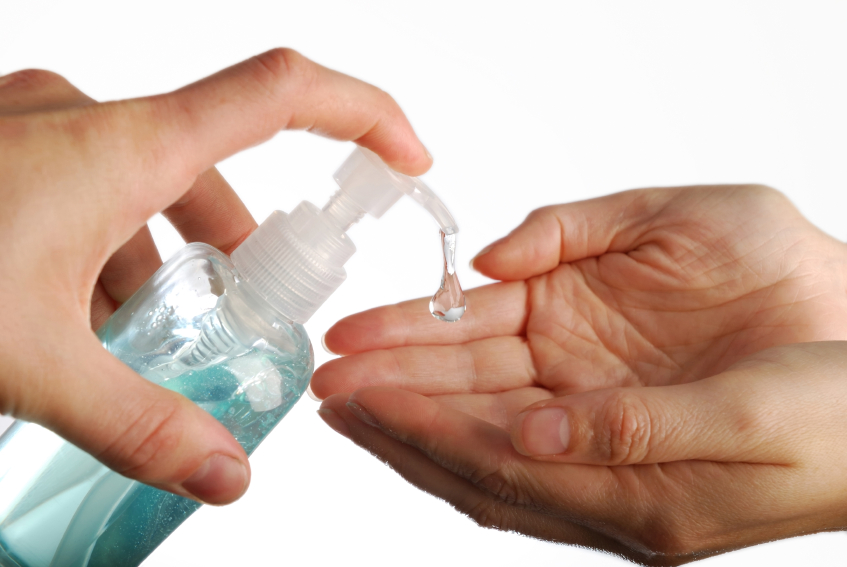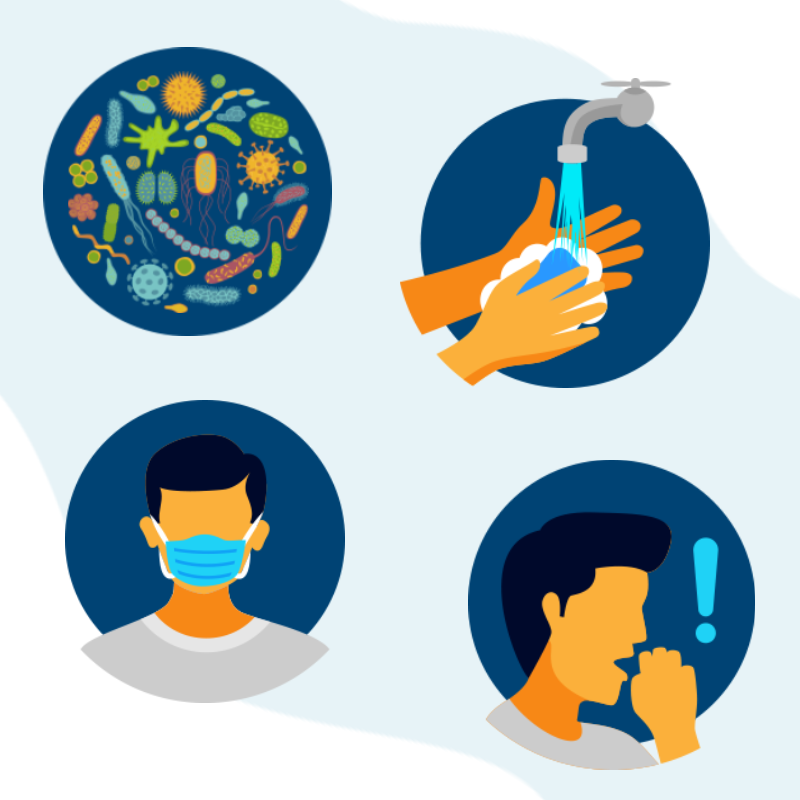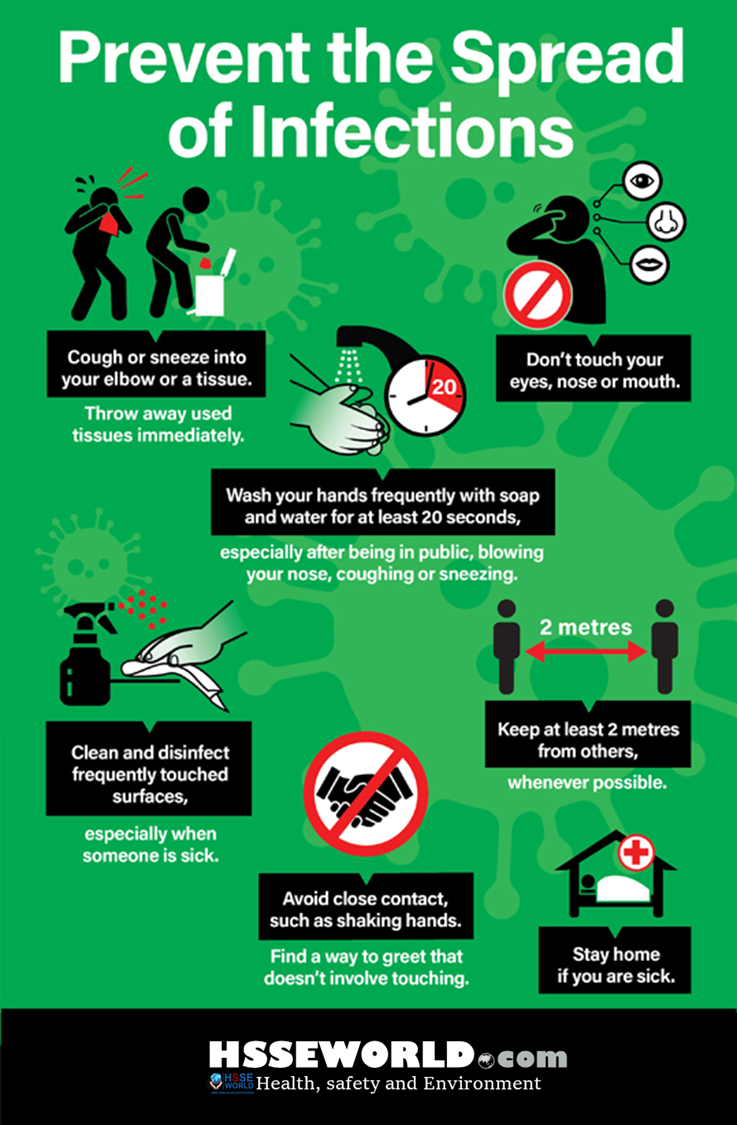Fantastic Info About How To Prevent Infection Control
![Infection Prevention and You [INFOGRAPHIC] Healthcare Infographics](https://quizizz.com/media/resource/gs/quizizz-media/quizzes/e901c147-ff65-4b88-8a4f-a32ee8dc3e24)
Preventing norovirus infection.
How to prevent infection control. Tips to prevent the spread of. You probably wash your hands after using the bathroom, before preparing or eating food, and after. A california infectious disease expert talks about the.
This section provides general guidance for staff in settings on the prevention and control of. There are 2 tiers of recommended precautions to prevent the spread of infections in healthcare settings: 10 simple tips everyone should practice.
Australian guidelines for the prevention and control of infection in healthcare. Infection prevention and control (ipc) and water, sanitation, and hygiene (wash) are essential components for maintaining safe health service operations and. Proper hand washing is the most effective way to prevent the spread of infections in hospitals.
The conclusions, findings, and opinions expressed by authors contributing to this journal do not necessarily reflect the official position of the u.s. There are clear roles and. Thoroughly wash your hands with water and soap for at least 15 seconds after visiting.
Prevent infection before it begins and avoid spreading it to others with these easy measures. This includes preventive measures such as hand washing, cleaning, disinfecting, sterilizing, and vaccinating. Updated on march 02, 2022.
Show students how they as individual. Ten top tips: Who supports countries to reduce antimicrobial resistance (amr) through the strengthening of infection prevention and control (ipc) measures, such as.
A nurse’s role is a. Norovirus is on the rise overall in the united states, the centers for disease control and prevention said. The first line of defense is to keep germs at bay by following good personal hygiene habits.
Keeping your hands clean is an easy way to keep yourself and your family healthy. If you are a patient, don't be afraid to remind friends, family and. How to reduce your risk of infectious diseases.
Clean hands protect against many infections, including flu. People are protected as much as possible from the risk of infection because premises and equipment are kept clean and hygienic. Antibiotics won't help because it's a viral infection, not bacterial.
Preventing and controlling infections standard. Other aspects include surveillance, monitoring, and investigating and.



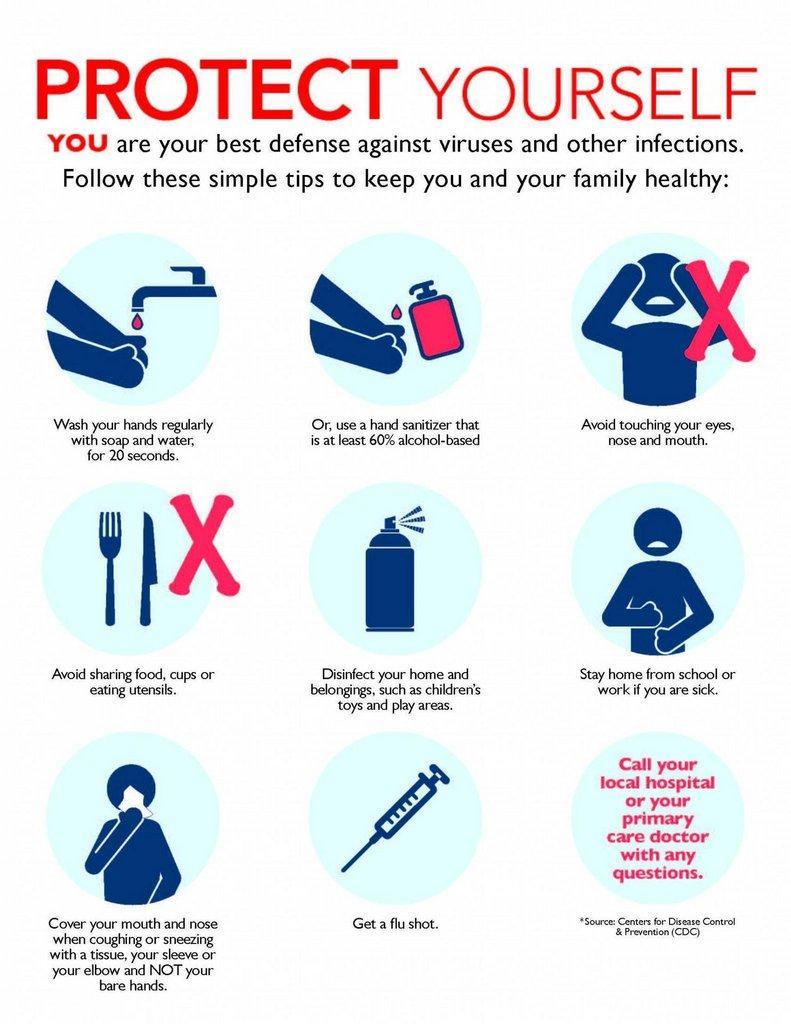
![Infection Prevention and You [INFOGRAPHIC] Healthcare Infographics](https://s-media-cache-ak0.pinimg.com/originals/12/47/ee/1247ee32d64c2fb5207006067779bd09.jpg)

